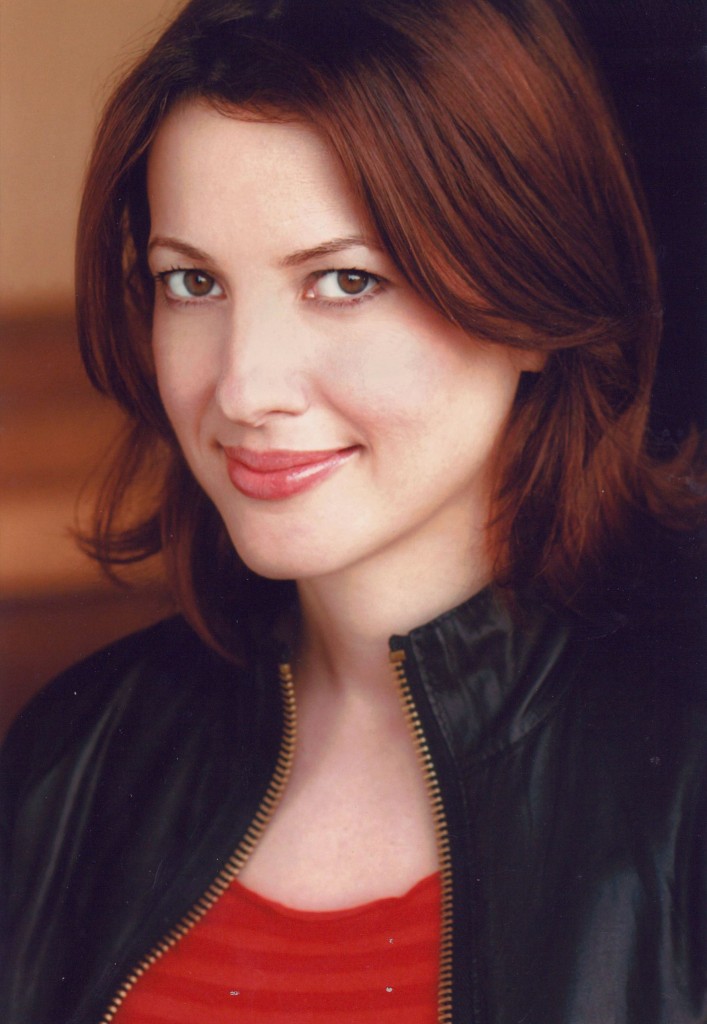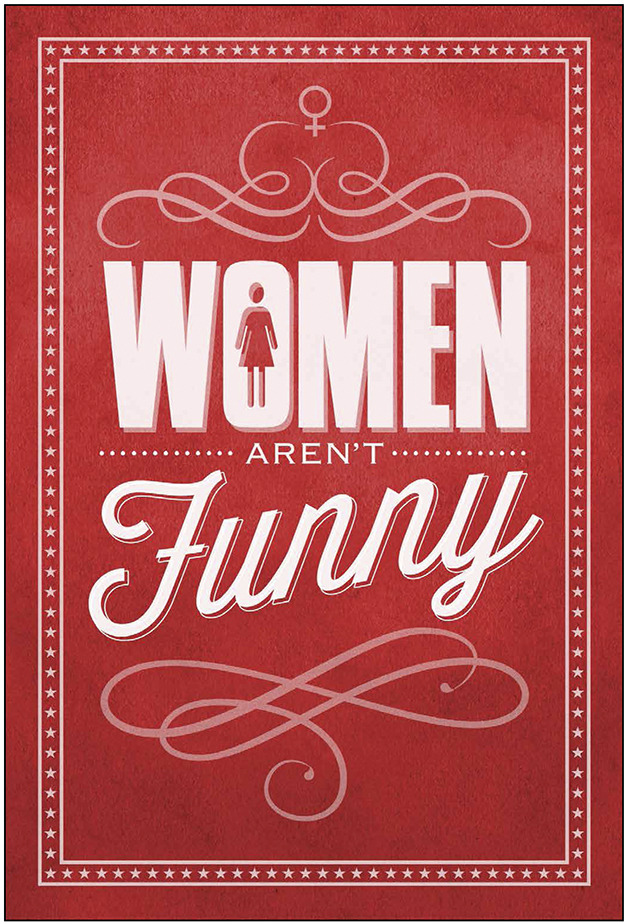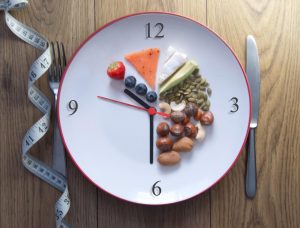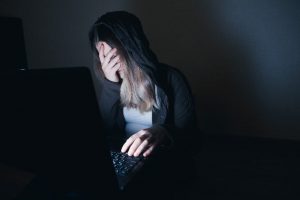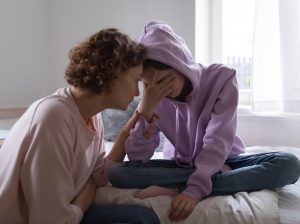Late Night With David Letterman, Comedy Central, and NBC’s Last Comic Standing.
While she is well-known for these and other appearances, it was her 2014 documentary feature, Women Aren’t Funny, that thrust her even further into the spotlight. In the film, McFarlane, often accompanied by her family, embarks on a mission to determine where the idea that female comics aren’t funny comes from and why it exists. She spoke with male and female comedians, and even tried reaching out to writer Christopher Hitchens… who selfishly died to avoid the interview and having to explain his misogynistic stance. McFarlane has become a pioneer in embracing women in the arts as artists, period — not female artists or some derivative thereof. She spoke with Lady Clever about her career in comedy, comfort-eating at night, and the conclusion she comes to in the debate over the existence of funny women.
Give us a little bit of background on yourself. What led you to stand-up comedy?
I was a broke-ass freelance writer in Vancouver when I got a job as a hostess at a comedy club. I loved working there. I spent a lot of time secretly writing jokes for some of the local comedians I saw perform regularly. In my mind I was going to sell them for a billion dollars but the first comedian I showed them to, Ian Bagg, told me no one could afford to buy jokes. He convinced me to do the stuff myself which I eventually did. So you can blame him. He’s super funny by the way. He has a special on Netflix.
Is there a place you seem to draw the most material or inspiration from when it comes to your stand-up routine?
I love when I hear a comedian do a joke that makes me think of something in a way I didn’t before. That’s the kind of comedy I try to do. I don’t want the audience to ever be able to predict what my stance on something is going to be before I reveal it in a joke.
Is there anything — or anyone — that you consider off-limits as a topic for your comedy?
I don’t ever think of any topic as off-limits. I think if you work through it, you can make anything, even taboo subjects, palatable somehow. While you’re working through it, though, you can piss a lot of people off. So there’s that downside. Being hated by a large group of people right in front of you.
Have you found other female comedians to be supportive and to have a spirit of camaraderie? Or is there a competitive nature between women in the comedy scene?
There are competitive women, supportive women, asshole women — just like dudes. I do, and have always had, great female friends in the business, but we don’t sit around talking about lady troubles. We talk comedy and jokes.
At one point in Women Aren’t Funny, you dress up as a man and do a set. Can you tell us how you came up with that idea, and how it felt to be perceived as a man by the audience?
I have always loved the idea of testing if it really is easier for a man to do stand up, and I think what I came away with is that comedy is hard for everyone. It’s f**king brutal. It’s like learning to play the bagpipes but you can only practice in front of strangers. I think men have more innate confidence which comes from seeing themselves reflected so many times in all different ways in the media. Women have a lot more new ground to break, so we might be less confident in the outcome. But that too is changing rapidly. But still, comedy is hard for everyone.
How do you deal with professional setbacks — especially since most of them are out of your control?
I just do what I can do. No one can tell me to not write. I write everyday. I go through the doors that are open to me. And I comfort-eat late at night.
We see you with your daughter in Women Aren’t Funny, and you decide to actually take her on the road with you. Have you found it difficult to balance your personal and professional lives, or do you feel like there’s a balance you’ve been able to strike?
I feel like having her with me on the road is a gift. The road is a lonely place for a comedian who doesn’t party every night. I have a funny, interesting travel companion who forces me to leave the hotel room and do stuff! She’s the best. I don’t go on the road as much as I used to but f**k the road. It’s brutal. I’d rather stay at home and write.
After Women Aren’t Funny, do you feel like you have a better understanding about the misconception that women aren’t funny? Do you feel like the tides are beginning to shift in terms of this stereotype, or are we in for a long road ahead?
My goal making the movie was to point out how ridiculous the argument was, and I think I accomplished that. Right now is a great time to be a female comic. Funny girls should definitely take advantage of this particular tear in the time space/continuum.
What is one piece of advice you’d offer women who want to pursue a career in the arts?
Don’t think about what people say you can’t do because you’re a woman. Don’t listen to the bulls**t about how women are somehow held back by society. That only further strengthens its choke-hold on you. Just do what you want. Don’t question it. And whenever possible, show ample cleavage.
For more of Bonnie McFarlane and her jokes/pearls of wisdom, follow her on on Twitter, download her podcast My Wife Hates Me, and watch Women Aren’t Funny on Netflix, Amazon, and iTunes.
